Penn State Defeats Pitt in Centennial Debate
UNIVERSITY PARK, Pa. — The Penn State Speech and Debate Society recently hosted the University of Pittsburgh for the 100th anniversary of the first debate between the two schools. Students from the two schools debated whether colleges should pay student athletes. Following a close debate, the Nittany Lions were successful and defeated Pitt on a 2-1 decision.
Jordan Todd, the society’s president and a junior majoring in political science and sociology, and Louie Levin, the society’s vice president and a sophomore majoring in political science and philosophy, represented Penn State. They defended that colleges should not pay student-athletes because it would place an undue financial burden on small schools not at “power” conferences, such as the Big Ten. Josh Nelson and Olivia Cypher, the two debaters from Pitt, argued colleges need to compensate student-athletes for their work and service for their university.
The debate was part of a recently renewed rivalry between the two schools. “The debates between Pitt and Penn State have chronicled important points in history, and we need to continue this legacy, especially in this public forum,” Todd said.
Next year, Penn State will travel to Pittsburgh to continue the rivalry between the two schools and deliberate important issues to the community and nation.
Two guest judges adjudicated the debate. Stephen F. Ross, professor of law, and R. Scott Kretchmar, professor of exercise and sport science, provided commentary about the debate and the broader issue surrounding student-athletes following the debate. They highlighted larger implications on Title IX, health concerns and competitive equity among schools.
Hosting public debates has increased in frequency over the past two years. The Speech and Debate Society has hosted the British and Japanese national debate teams, Clarion University, and the University of Pittsburgh. Topics have included raising the minimum wage, banning nuclear energy, THON culture and constitutional privacy.
Todd said, “Public debate brings members of the community together to start important conversation.”
Participation in the Penn State Speech and Debate Society is free and open to every undergraduate. For more information about the team, please visit their website or Facebook page.
Courtesy of PSU News

